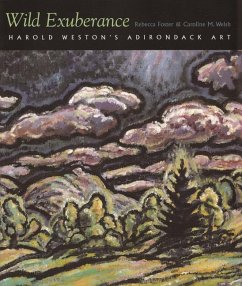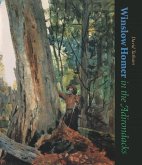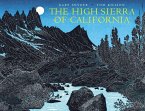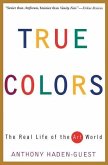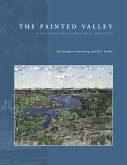Early in his career, critics and collectors widely recognized that Harold Weston (1894-"1972), was capturing and saying something unusual in his paintings. "There is a young American painter," wrote Duncan Phillips, "who stirs in me the hope for a re-birth on this new soil of something that was lost to the art of painting with the passing of Vincent van Gogh." Along with 104 color and ten black-and-white plates of Weston's works compiled by his daughter, Nina Weston Foster, curator of the Harold Weston Foundation, the catalog includes essays that cover myriad aspects of Weston's life and art. The Adirondack Museum's chief curator Caroline M. Welsh explores nature and wilderness preservation as themes in twentieth-century art and places Weston in the context of his contemporaries who painted the Adirondacks. Theodore E. Stebbins, Jr., curator of American art at the Fogg Art Museum, provides a critical analysis of Weston as a twentieth-century American modernist painter. The biographical essay by Weston's art historian granddaughter, Rebecca Foster, follows the unfolding of a career in parallel to the unfolding of a life. Weston's rich technique is explored by Stephen B. Phillips, curator at the Phillips Collection, in an in-depth analysis of the painting.
Hinweis: Dieser Artikel kann nur an eine deutsche Lieferadresse ausgeliefert werden.
Hinweis: Dieser Artikel kann nur an eine deutsche Lieferadresse ausgeliefert werden.

